Technology Trends Expected in 2025 That Will Amaze You
by Aishwarya R
Updated Oct 14, 2024
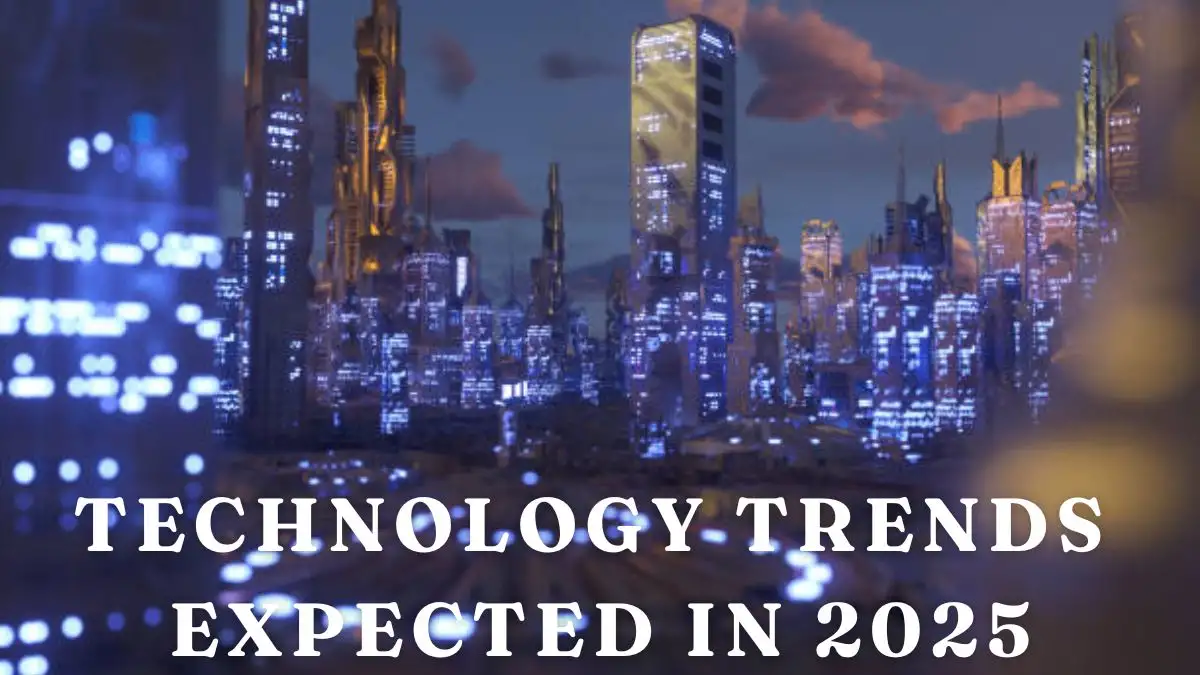
Technology Trends Expected in 2025
As we look ahead to 2025, technology is set to change our lives in exciting ways. From smarter devices to new ways of connecting, the next few years promise to bring innovative trends that will impact how we live, work, and play.
Trends in Computer Science and Information Technology
In this article, we’ll explore the top technology trends expected in 2025, including advancements in artificial intelligence, the rise of renewable energy, and breakthroughs in healthcare. These trends will not only shape industries but also improve our everyday experiences. Let’s dive into the future and see what’s on the horizon!
AI
In 2025, artificial intelligence (AI) will be a major part of our everyday lives, moving from the future into the present. While we’re still in the early stages of the AI revolution, we can expect exciting developments, such as generative video and AI agents that can operate independently, potentially powered by quantum technology.
The most significant benefits of AI will come from how it works together with humans. AI tools will be designed to support us in our daily tasks, helping us to be more creative and productive. Instead of just flashy breakthroughs, the focus will be on making AI a seamless part of our lives, allowing us to make better decisions based on data.
One important trend will be "hyper-automation," which means automating not just single tasks but entire processes. By combining technologies like robotic process automation (RPA), AI, and machine learning (ML), companies will be able to automate more activities than ever before, streamlining operations and improving efficiency.
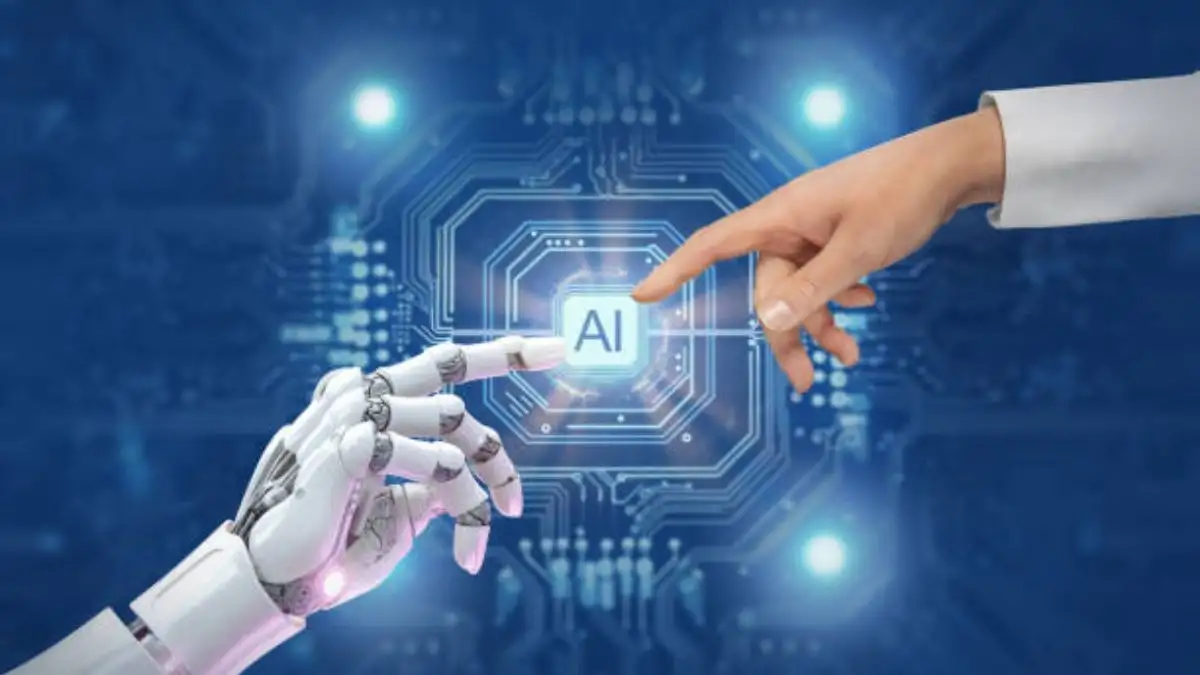
Biotech
In 2025, biotechnology will have a big impact on our lives by using biological science to improve health, agriculture, and the environment. Important advancements, like CRISPR gene editing, will become more common, allowing for personalized treatments for genetic disorders such as muscular dystrophy, cystic fibrosis, and sickle cell anemia. This technology will also help develop new cancer treatments with fewer side effects and better results.
In agriculture, biotech will lead to the creation of crops that can resist diseases and adapt to climate change, reducing the need for harmful pesticides. Additionally, lab-grown meat will become more popular, providing sustainable alternatives to traditional meat production and helping to solve food shortages around the world. These advances in biotechnology aim to not only extend our lifespan but also improve our overall quality of life and protect our planet.
Bioprinting, or 3D bioprinting will utilize living cells and biomaterials to create tissues and organs. This advancement brings us closer to personalized medicine, allowing for the potential printing of replacement tissues or even whole organs, which could help eliminate the waiting lists for organ donations. Overall, these innovations promise to improve our quality of life and healthcare in significant ways.
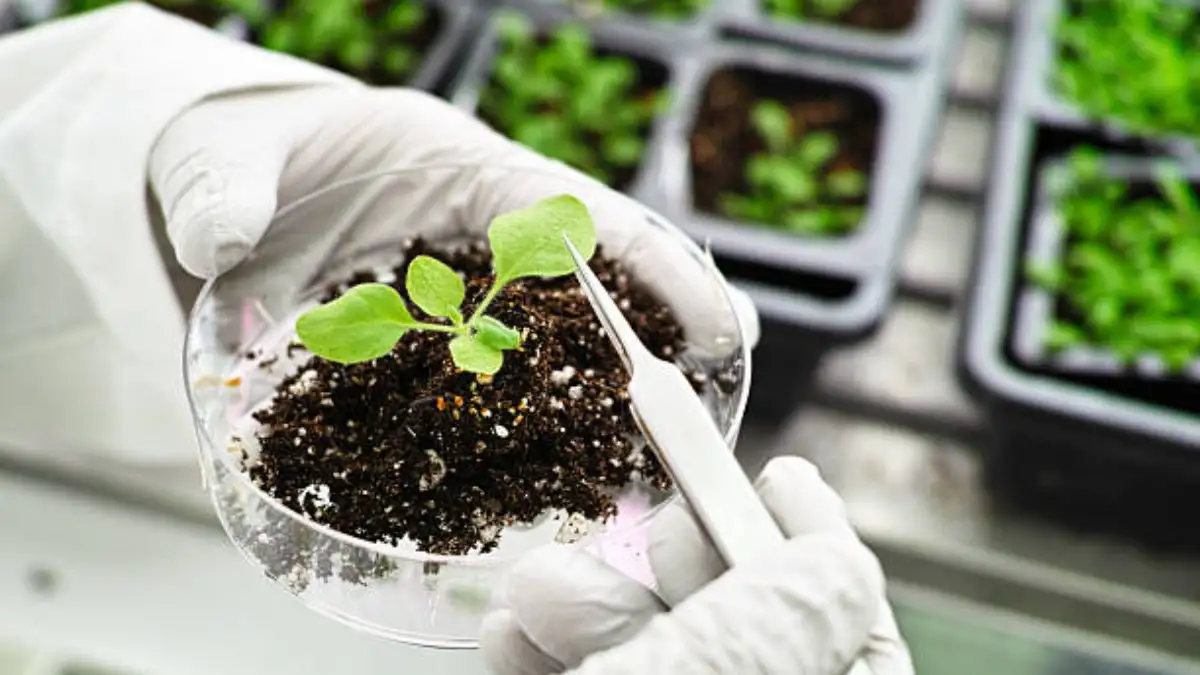
Climate Change
In 2025, technology aimed at repairing the environmental damage caused by humans and reducing carbon emissions will become increasingly important. Although investment in this area slowed down in 2023 due to economic issues, it has picked up in 2024, with expectations of continued growth. This shift is largely driven by the urgent need to address climate change as its effects become more evident.
Recent years have seen important advancements, such as the rise of electric cars and new methods for capturing and storing carbon. In 2025, we will likely see these innovations become more common in our daily lives. A key focus will be on improving clean energy storage, with new battery and grid technologies that enhance reliability and efficiency, helping to make our energy systems more sustainable.

Quantum Science
In 2025, the UN will recognize the International Year of Quantum Science and Technology. While quantum computing isn't yet widely visible in our daily lives, it made significant strides in 2024 with real-world applications in areas like drug discovery and optimizing financial and logistical problems.
Quantum computing uses the unique properties of sub-atomic particles, such as superposition and entanglement, to perform certain tasks much faster than traditional computers. With advancements in cloud-based quantum computing, more businesses may access this powerful technology, making its impact more noticeable in 2025.
Experts believe quantum computing could revolutionize many fields, including climate modeling, material discovery, genomics, clean energy, and encryption. It may also greatly enhance AI by allowing faster processing of data for applications like natural language processing and autonomous driving.
However, there's a concern that 2025 could also bring "Q-Day," a theoretical time when quantum computers could break current encryption methods, posing significant risks to privacy and security.

Cyber Security
In 2025, cybersecurity will be a major concern for businesses and society as a whole. While hackers and data theft pose significant risks to companies, the threats to national security and public safety are even more serious. There has been a rise in attacks on critical infrastructure, such as energy grids, healthcare systems, and electoral processes.
These cyberattacks can disrupt essential services, harm economies, and weaken our trust in those responsible for our safety. To combat these threats, governments will need to invest more in cybersecurity infrastructure and work together to share information and develop defense strategies.
Advanced AI systems will play a crucial role in detecting and preventing attacks, but hackers may also use similar technology for their purposes, often to achieve political goals. As a result, 2025 will likely be the year we recognize cybersecurity as a vital issue for national and global security, not just a problem for businesses to handle.

Virtual Reality
In 2025, extended reality (XR) will become more common, combining augmented reality (AR) and virtual reality (VR) to merge the physical and digital worlds. AR adds digital elements to what we see in real life, while VR offers fully immersive virtual experiences.
With XR technology, you could enjoy a live concert from your home using VR or receive interactive training manuals through AR in a manufacturing setting. This shift means that VR and AR will move from specialized uses to everyday experiences, making them a regular part of our lives.

Internet
In 2025, the Internet of Things (IoT) will continue to grow, connecting a vast network of physical devices that have sensors and software. These devices include smart appliances, health trackers, connected cars, and industrial equipment. The number of IoT devices is expected to increase dramatically, with revenue projected to reach $26.94 billion.
One key trend will be the deeper integration of IoT devices into our homes, cities, and industries. This growth will also boost the development of edge computing, as billions of devices generate large amounts of data. As the IoT ecosystem expands, there will be a greater need for security measures and standards to ensure that all devices can work together effectively.

Crypto
In 2025, cryptocurrency, which uses blockchain technology, is expected to change the way we handle data and transactions. While it's known for financial transactions, its use will expand into other areas like supply chain management, healthcare, and voting systems.
This means that instead of just using cryptocurrencies like Bitcoin for buying and selling, blockchain can help track products, secure health records, and make voting safer and more transparent. Overall, blockchain technology is set to make many aspects of our lives more efficient and secure.

Advanced Modernization
In 2025, advanced modernization will transform urban living through the development of smart cities. Smart cities will use interconnected networks of sensors and devices to adapt to the needs of residents in real-time. For example, traffic lights will adjust automatically based on congestion, waste management systems will optimize collection routes, and infrastructure will focus on sustainability. This technology aims to make city life more efficient and responsive.
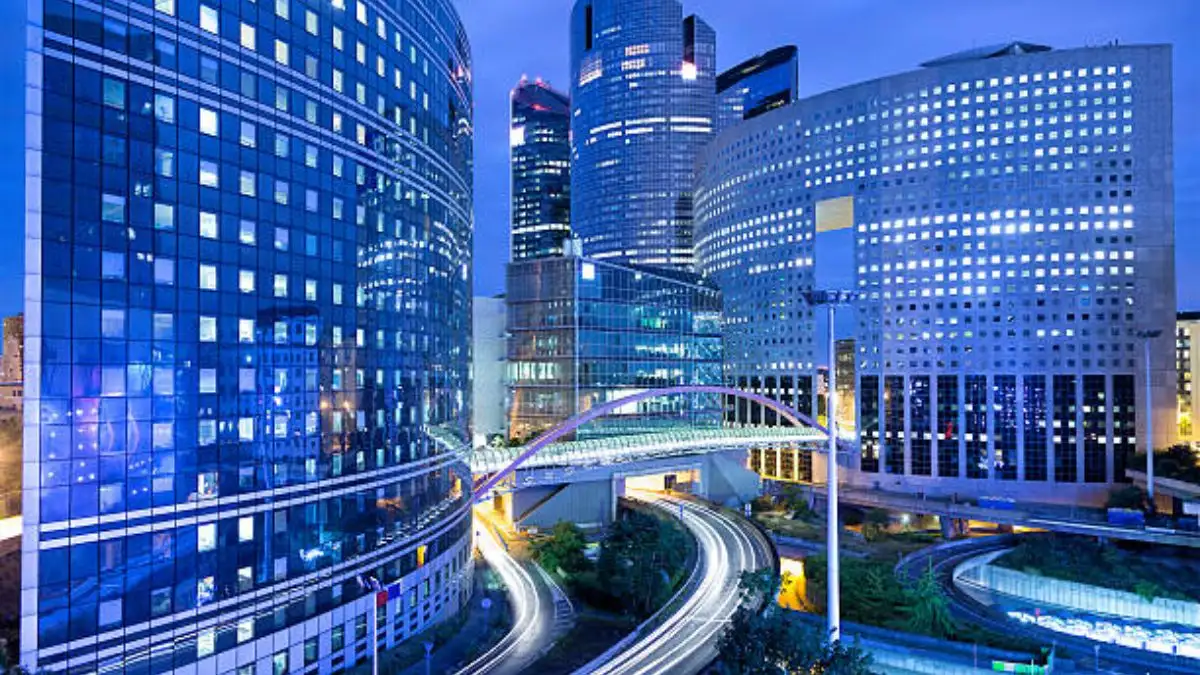
Space Industry
The space industry in 2025 is seeing exciting changes and innovations. Small satellites, like CubeSats, are becoming popular for their low cost and versatility. Advanced manufacturing technologies, such as 3D printing, are making it easier to build structures in space.
Communication is improving with laser systems and better data transmission from satellites. As more satellites fill the sky, managing space traffic is crucial to prevent collisions. New propulsion systems are becoming greener and more efficient for travel.
Companies are also exploring space mining for resources. Overall, technology and investment are driving the growth of the space sector, opening up new possibilities for exploration and operations.
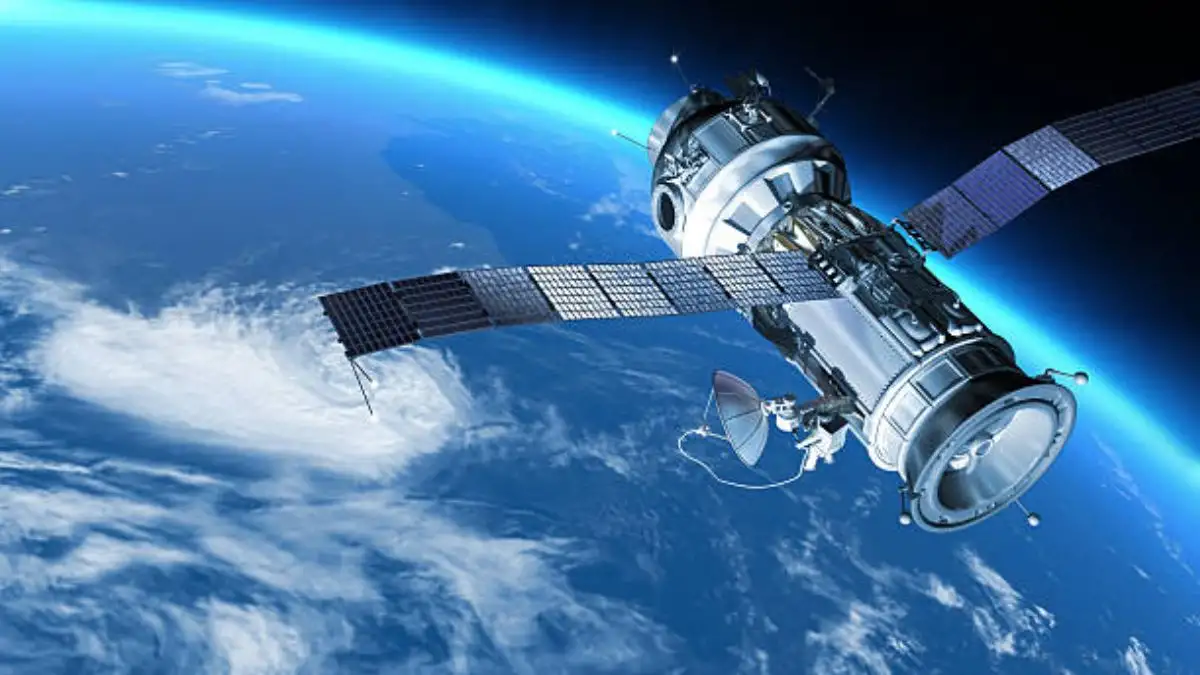
Recent Articles
- Puzzle IQ Test: Only 5 Out of 10 Can Spot the 5 Hidden Words in this Image in 10 Secs
- Optical Illusion Eye Test: If You have Hawk Eyes Spot the Odd Flower in 5 Secs
- Odd One Out Puzzle: Only eagle Eyes Can Spot the Odd Elephant in 7 Secs
- Optical Illusion Eye Test: If You have Hawk Eyes Spot the Odd Grapes in 7 Secs
- Puzzle IQ Test: Only 5 Out of 10 Can Spot the 5 Hidden Words in this Image in 10 Secs
- Optical Illusion Eye Test: If You have Hawk Eyes Spot the Odd Baby in 7 Secs
- Odd One Out Puzzle: Only eagle Eyes Can Spot the Odd Sunflower in 7 Secs
- Optical Illusion Eye Test: If You have Hawk Eyes Spot the Odd Turtle in 5 Secs
- Puzzle IQ Test: Only 5 Out of 10 Can Spot the 5 Hidden Words in this Image in 10 Secs
- Optical Illusion Eye Test: If You have Hawk Eyes Spot the Odd Ball in 7 Secs
- Odd One Out Puzzle: Only eagle Eyes Can Spot the Odd Watermelon in 7 Secs
- Optical Illusion Eye Test: If You have Hawk Eyes Spot the Odd Skunk in 7 Secs
- Puzzle IQ Test: Only 5 Out of 10 Can Spot the 5 Hidden Words in this Image in 10 Secs
- Optical Illusion Eye Test: If You have Hawk Eyes Spot the Odd Dog in 7 Secs
- Odd One Out Puzzle: Only eagle Eyes Can Spot the Odd Elephant in 5 Secs
- Optical Illusion Eye Test: If You have Hawk Eyes Spot the Odd Cherry in 5 Secs
- Puzzle IQ Test: Only 5 Out of 10 Can Spot the 5 Hidden Words in this Image in 10 Secs
- Optical Illusion Eye Test: If You have Hawk Eyes Spot the Odd Cat in 7 Secs
- Optical Illusion Eye Test: If You have Hawk Eyes Spot the Odd Cupcake in 5 Secs
- Odd One Out Puzzle: Only eagle Eyes Can Spot the Odd Mango in 5 Secs
- Optical Illusion Eye Test: If You have Hawk Eyes Spot the Odd Apple in 5 Secs
- Odd One Out Puzzle: Only eagle Eyes Can Spot the Odd Teddy Bear in 5 Secs
- Puzzle IQ Test: Only 5 Out of 10 Can Spot the 5 Hidden Words in this Image in 10 Secs
- Optical Illusion Eye Test: If You have Hawk Eyes Spot the Odd Hen in 5 Secs
- Puzzle IQ Test: Only 5 Out of 10 Can Spot the 5 Hidden Words in this Image in 10 Secs




